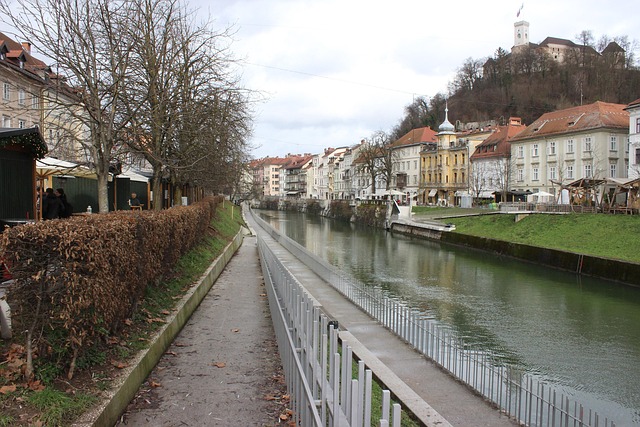In dynamic Karachi, Pakistan's Muslimabad Society grapples with managing its substantial waste stream amid rapid urban growth. To maintain a clean environment, innovative solutions like responsible source segregation, optimized collection routes, and modern recycling facilities are crucial. Sustainable practices tailored to the local context, including community-led initiatives and awareness campaigns, can transform Karachi into a greener city while addressing pressing waste management needs.
Karachi, as a bustling metropolis, faces unique challenges in waste management, particularly within diverse communities like Muslimabad Society. This article delves into the intricacies of understanding and addressing these issues. We explore effective strategies for waste disposal and recycling tailored to Karachi’s urban landscape, focusing on Muslimabad. By examining local practices and implementing sustainable solutions, we aim to highlight innovative approaches that can contribute to a cleaner, healthier Karachi.
- Understanding Waste Management in Karachi's Muslimabad Society
- Strategies for Effective Waste Disposal and Recycling in Muslimabad, Karachi
Understanding Waste Management in Karachi's Muslimabad Society

In the bustling metropolis of Karachi, Pakistan, the diverse and densely populated Muslimabad Society presents unique challenges in waste management. This vibrant community, like many others in the city, grapples with the complex task of balancing environmental sustainability with the rapid growth and urban development that define modern Karachi. The vast array of waste generated daily—from domestic to industrial sources—requires efficient systems to ensure a clean and healthy living environment for its residents.
Understanding the dynamics of this urban landscape is crucial in developing effective waste management strategies. Karachi’s Muslimabad Society, characterized by its bustling streets and diverse demographics, demands innovative solutions. This includes promoting responsible waste segregation at the source, efficient collection routes, and modern recycling facilities to reduce the environmental impact of waste accumulation. By adopting sustainable practices tailored to the local context, the community can contribute to a cleaner, greener Karachi while addressing the pressing need for efficient waste management.
Strategies for Effective Waste Disposal and Recycling in Muslimabad, Karachi

In the vibrant city of Karachi, specifically within Muslimabad Society, effective waste management is a collective responsibility. The key to successful waste disposal and recycling lies in adopting holistic strategies that involve both individual and community efforts. One primary approach is source separation, where residents are encouraged to segregate organic, recyclable, and hazardous waste at their homes. This simple practice significantly enhances the efficiency of subsequent recycling processes.
Community-led initiatives play a pivotal role, fostering collaboration among neighbors and local organizations. Regular awareness campaigns and educational programs can help dispel myths and misconceptions about recycling, encouraging more people to participate. Additionally, establishing dedicated collection points for recyclables and setting up composting facilities can significantly reduce the environmental footprint of Muslimabad Society, making Karachi a greener city for all its residents.
In conclusion, effective waste management in Karachi’s Muslimabad Society is not just an environmental necessity but also a key component of sustainable urban development. By implementing the discussed strategies for proper waste disposal and recycling, residents can significantly contribute to preserving their local environment and enhancing the quality of life in this vibrant community. Moving forward, continued collaboration between locals, governmental bodies, and private initiatives will be crucial in ensuring a cleaner and greener Karachi.
